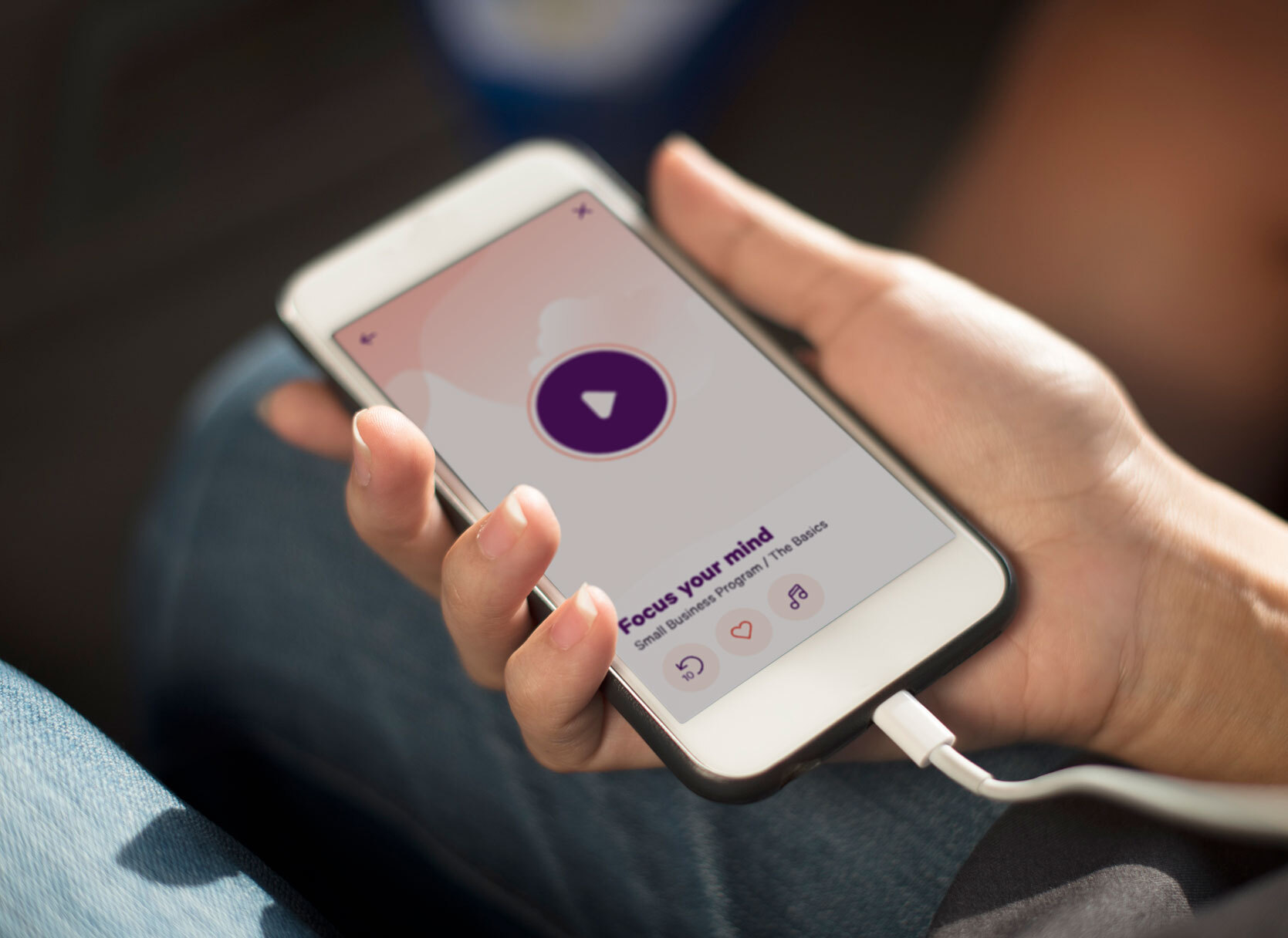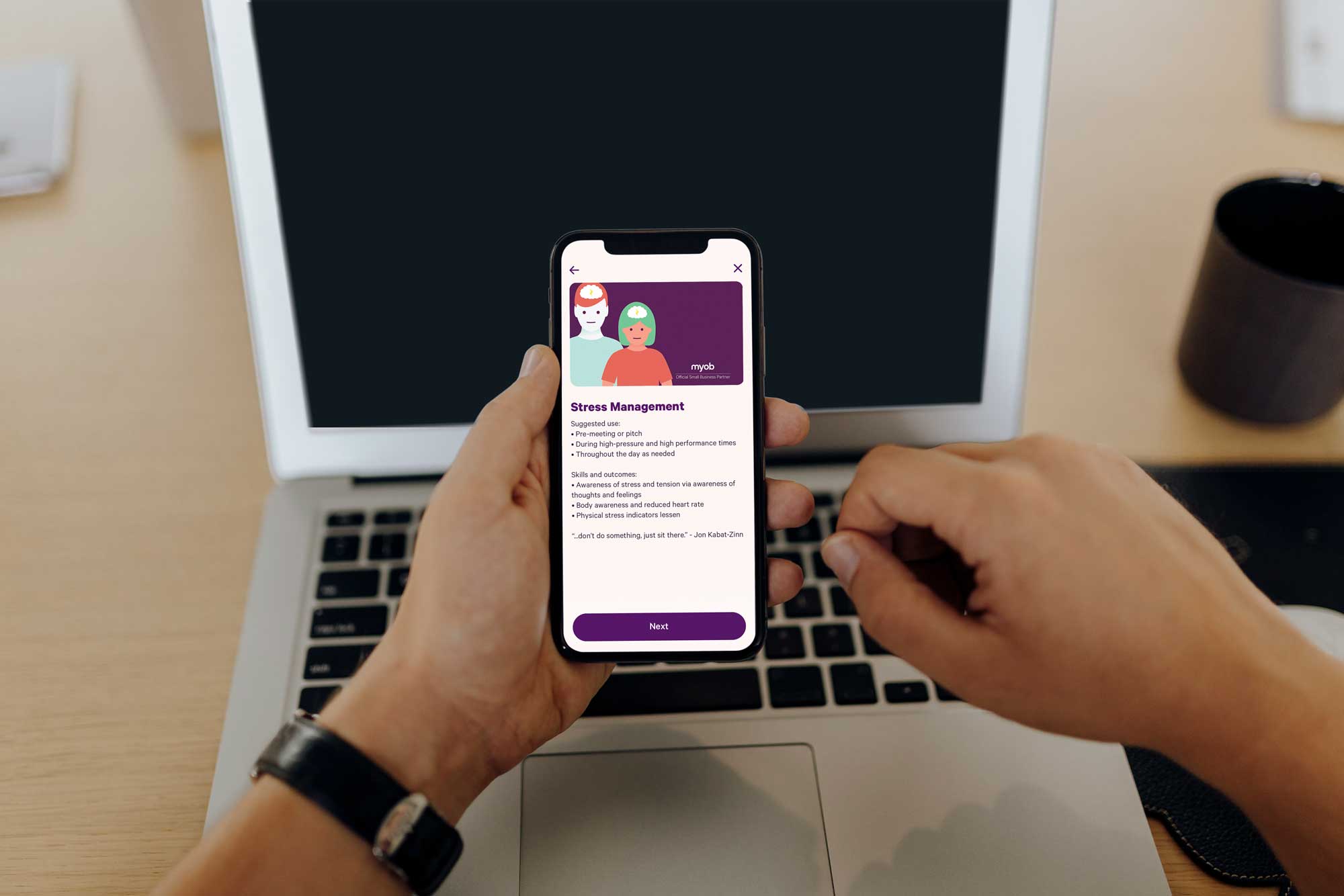There is much to love about running your own business. It often means greater autonomy when it comes to making decisions; some flexibility around when, how and where you work; an enormous sense of achievement; and for many people it brings an increased sense of meaning and purpose.
Self-determination refers to the ability to make choices and manage one’s life. It plays a key role in psychological wellbeing and motivation. One of the most widely researched theories of motivation and personality, Self-determination Theory suggests that people are motivated to grow and change by three innate and universal psychological needs:
Competence: mastery of tasks and learning new skills;
Connection: a sense of belonging and attachment to others; and
Autonomy: feeling in control of our behaviours and goals.
Running a small business often provides direct opportunities for these basic human needs to be met, which may be in part what drives people to become and stay a business owner.
As rewarding as it can be, anyone who has run a small business knows that it also brings with it a range of stressors and challenges. These can include things like:
- managing cash flow and financial issues;
- undertaking business related activities after hours, which can compromise work-life balance;
- feeling isolated; wearing multiple hats; juggling multiple responsibilities; and,
- a general feeling of responsibility for the businesses success or failure.
Not surprisingly, small business owners are reporting challenges with mental health. For example, in a survey of small business owners and operators by MYOB, 56% said running their own business has directly impacted feelings of anxiety or depression. Yet, around 72% don’t seek help.
![]()
When we are in good mental health we usually experience a sense of clarity and calm - a great headspace from which to run a business. We’re also likely to experience a broad range of positive (helpful) emotions, which bring additional benefits. For example, interest sparks the urge to explore; contentment sparks the urge to savour and integrate with others. This can in turn build our personal resources, such as high quality relationships, available to then be drawn upon in tough times.
It’s for all these reasons that we partnered MYOB to create the Smiling Mind Small Business Program - a program dedicated to the psychological wellbeing of small business owners. Thanks to the generous support from MYOB we're able to offer this program for free!

Mindfulness meditation is an accessible, proactive and preventative tool for supporting our mental health, as well as a resource we can use when we’re experiencing challenges.
Think of it as an exercise for the mind. Just like we don’t just exercise when we’ve become unwell (we do it to buffer us against the likelihood of illness), meditation is something that we can do to buffer ourselves against stress and overwhelm.
We’ve divided the Small Business Program into five sections – The Basics, Stress Management, Relationships, Resilience and Sleep. Let’s unpack the first two (a follow up article will take a look at the remaining three).
Section 1: The Basics
Mindfulness is defined as paying attention to the present moment with openness, curiosity and without judgement. There are two parts to this definition. The first is about learning to focus our attention on where we are and what we are doing, as well as being able to bring our attention back when you get distracted. It’s the opposite of being on autopilot or caught up in (often unhelpful) thoughts about the past or the future. The second part is the attitude or mindset that we bring to the present moment. That is the quality of our attention.
The two foundational mindfulness meditations featured in this first section of the program are a great place to start developing a personal meditation practice. They are geared at cultivating greater present moment awareness and the attitudes of openness, curiosity and non-judgment. With regular practice, these qualities begin to extend into our personal and professional lives.

If you’re new to meditation, we strongly encourage you start with one of the two foundational practices in the app. Then, when feeling comfortable with the basic tenets of mindfulness meditation, you can explore the more specific practices based on your needs at any given time. If on the other hand you’ve got some experience with meditation, jump in wherever you see fit!
Section 2: Stress Management
In the busy, modern world we find ourselves in, very few of us are strangers to stress. Small business owners are no exception and we know that they face some specific stressors as part of running a business.

Mindfulness meditation is well established as an effective tool for stress management, with the efficacy of mindfulness in reducing stress, anxiety and associated physical and mental health challenges supported by an ever growing body of scientific research2. All mindfulness meditations can be effective in helping an individual to manage stress more effectively but we have earmarked these two practices as particularly helpful in this regard.
Need a quick de-stressor?
Check out the SOS Practice. This is a short guided practice for moments of peak stress or overwhelm, helping you feel more calm and grounded.
So, what are you waiting for? Download the Smiling App and take the first (or next) step on your mindfulness journey. This program is available for free thanks to the support of our official small business partner MYOB. You can find the Small Business Program in the ‘At Work’ section of the app.
Check out part two of this blog here!
References:
1 Deci, E. L., & Ryan, R. M. (2000). The “what” and “why” of goal pursuits: Human needs and the self-determination of behavior. Psychological Inquiry, 11, 227-268.
2 Shapiro, S. L., Carlson, L. E., Astin, J. A., & Freedman, B. (2006). Mechanisms of mindfulness. Journal of clinical psychology, 62(3), 373-386.









.jpg)




